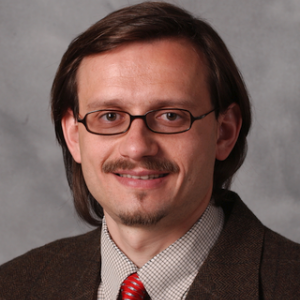Bert Bras

Bert Bras
Associate Chair for Administration
Brook Byers Professor
Professor of Mechanical Engineering
Dr. Bert Bras has been a Professor at the George W. Woodruff School of Mechanical Engineering at the Georgia Institute of Technology since September 1992. From 2001 to 2004, he served as the Director of Georgia Tech’s Institute for Sustainable Technology and Development.
In 2014, he was named a Brook Byers Professor of Sustainability. He was named the Associate Chair for Administration for the George W. Woodruff School of Mechanical Engineering at Georgia Tech in 2016 and briefly served as Interim School Chair in 2018.
Dr. Bras’ 25-year career as a Professor of Mechanical Engineering at the Georgia Institute of Technology equips him with considerable expertise in sustainable design and manufacturing that has taken him through many areas of industry, from automotive to alternative energy.
He holds an MS in Mechanical Engineering from the University of Twente (Netherlands) and a Ph.D. in Operations Research from the University of Houston. Prior to completing his Ph.D., he worked at the Maritime Research Institute Netherlands (MARIN).
404.894.9667
Office Location:
MRDC, Room 3408
Electric Vehicles; Computer-Aided Engineering and Design and Manufacturing; Sustainable design; Design for recycling; Robust design
IRI Connections:









